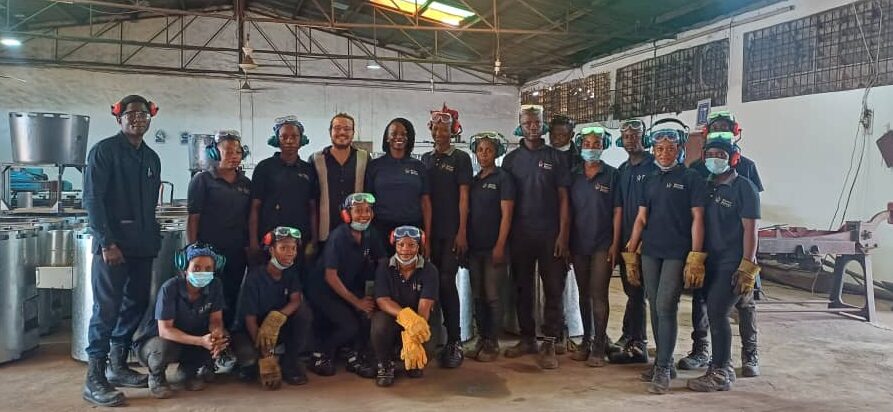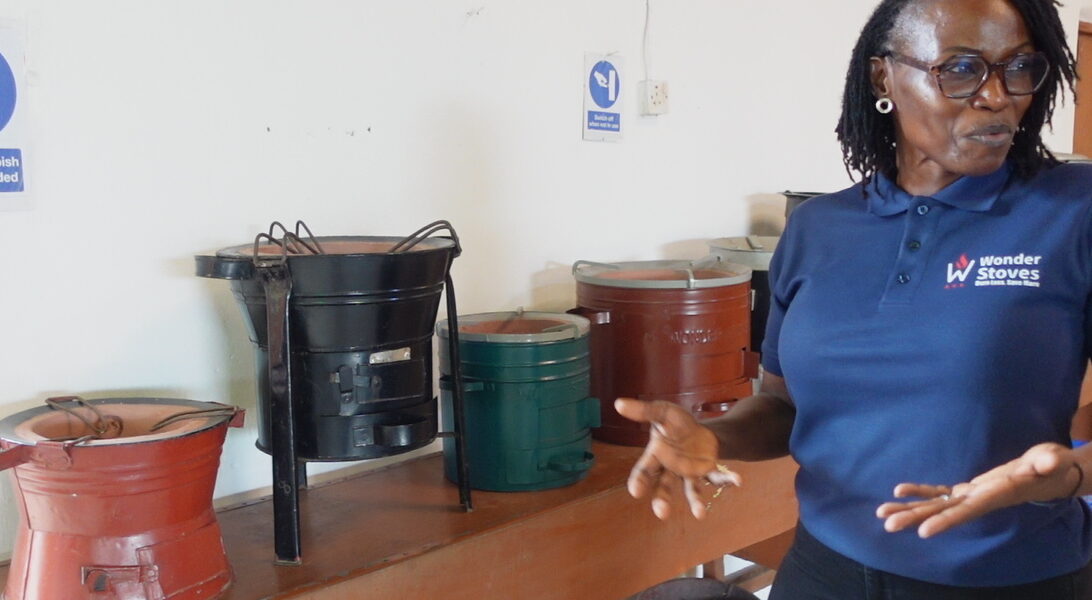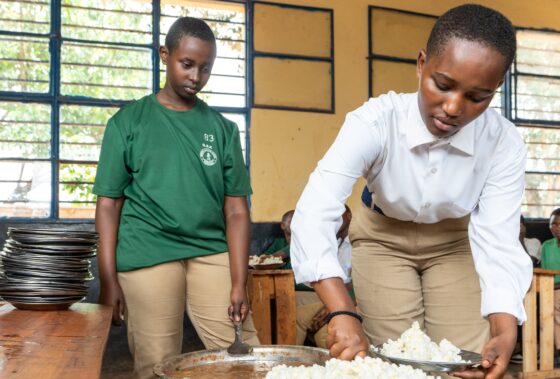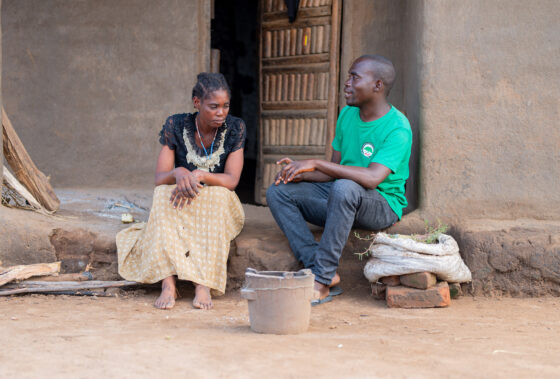In Sierra Leone, Westwind Energy is transforming kitchens and lives with cleaner, more efficient cookstoves. Inspired by co-founder Hannah Max-Macarthy’s personal journey to prevent smoke-related illnesses, the company is not only scaling up production but also empowering women in the workforce, proving that sustainable energy solutions can spark both social and environmental change.

When Hannah Max-Macarthy partnered with the entrepreneur Tapsir N’Jai to found Westwind Energy in 2012, it was about more than just scaling up his family business, which had been retailing “Wonderstoves” for over two decades. It was also about combating climate change through cleaner, more efficient cooking solutions. But, most of all, it was personal: Hannah had lost her mother to a smoke-related illness caused by indoor air pollution. Knowing that improved cookstoves (ICS) dramatically reducethe health hazards of traditional cooking methods – using half the fuel for faster cooking – spurred her to invest in a cleaner cooking future for all.
Building on a household name
Wonderstoves were so well known in Sierra Leone that any stove with a clay insert was known as such. But when Hannah started collaborating with EnDev, the possibilities of scaling up really began to take shape.
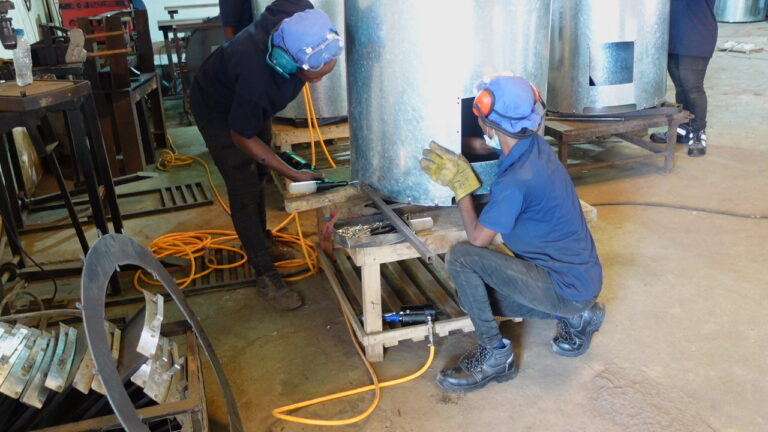
Only 1% of the population of Sierra Leone has adopted clean cooking. Hannah recognised that Westwind needed to evolve from handmade to mechanised cookstoves to shift the dial significantly. With support from EnDev, which provided machinery and funding, Westwind ramped up production. The first real test was the installation of institutional cookstoves in boarding homes and schools in collaboration with EnDev.
With a monthly production capacity of 8,000 stoves and more than 50,000 units distributed in Sierra Leone, Guinea, and Liberia since 2012, Westwind Energy has firmly established itself in the market and steadily expanded its leading position. Today, Westwind Energy not only attends but also delivers training for other companies to build better, more efficient cookstoves.
Women at the forefront of the cookstove revolution
Hannah is also acutely aware that just as women suffer the ill effects of inefficient stoves, they are the first to benefit from improved cookstoves. When EnDev trialled improved cookstoves in school kitchens in Sierra Leone, the women who cooked in those kitchens saw the benefits real quick. Hannah remembers: “They started seeing the positive effects. And they said hang on, this cookstove makes me not get exposed to smoke. I’m not sweating anymore. I can dress well and cook. So they started asking, how can we have these stoves in our homes?”
Westwind has now adopted a gender-transformative policy to hire women. EnDev funded the first cohort of women to work in the factory for three months, and today Westwind runs the government-certified “Earn to Learn” initiative that pays female trainees to work in the factory for 2 years. Of the company’s 30 employees, 40% are women, including in roles conventionally taken by men. For Hannah, this is a critical part of Westwind’s journey. “It gives the women a sense of pride,” she says.
In December 2024, Westwind Energy received the Clean Cooking and Building of the Year Award at the 9th ECOWAS Sustainable Energy Forum. Hannah is not one to rest on her laurels, however – she says the company plans to get improved cookstoves into a million homes in the next 5 years. Her mother would have been proud.
